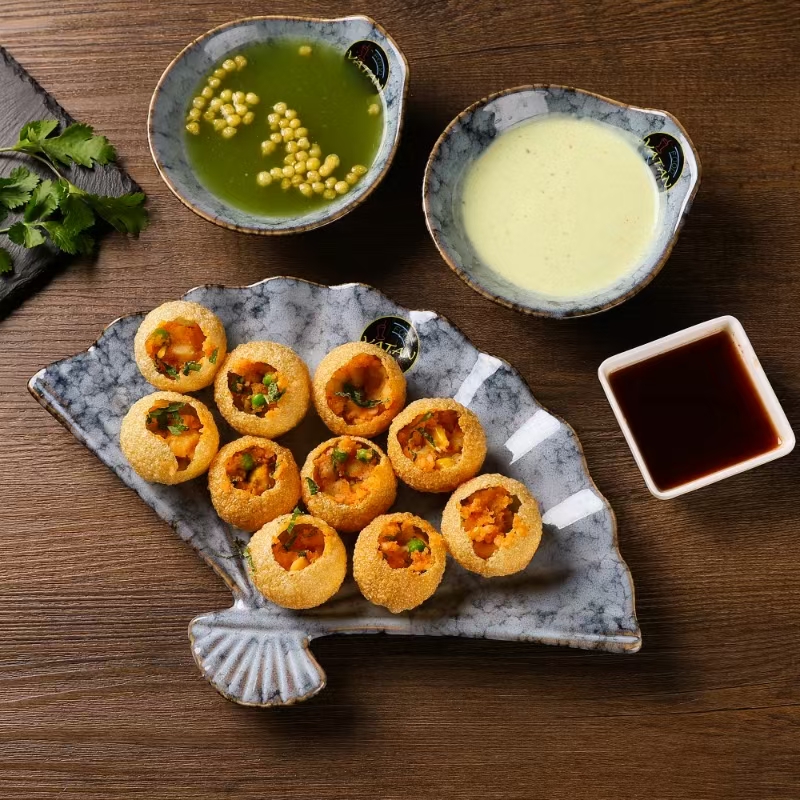As the Shanghai Cooperation Organization (SCO) prepares to hold its summit in the northern Chinese city of Tianjin, one phrase is back in focus: the “Shanghai Spirit.”
This regional bloc was founded in 2001 by China, Russia, and several Central Asian nations to promote regional security and mutual trust. Today, with 10 member countries that include India, Pakistan, and Iran, alongside 14 dialogue partners and two observer states, it also champions trade, diplomacy, and cultural exchange, serving as a key platform for Eurasian collaboration and a prominent voice for Global South solidarity.
But beyond official statements, what does the Shanghai Spirit look like in everyday life?
Surprisingly, I found a glimpse of it in a small, trade-driven city in Zhejiang Province.
Yiwu, often called the “world’s supermarket,” is best known for its sprawling wholesale markets and exports of small commodity goods. Yet, beyond the shelves of trinkets and holiday lights, a quieter form of international cooperatioon is playing out — one plate at a time.
Today, the city is home to 52 foreign-owned restaurants representing nearly 20 countries and regions. Originally established to serve the city’s influx of foreign traders, these eateries have evolved into cultural bridges — interweaving international entrepreneurs with local Chinese customers.
Spices, Friendship, and Everyday Diplomacy
Liang Wang, a local spice supplier, has worked with many of these restaurants for over 15 years. His warehouse shelves more than 4,000 varieties of seasonings sourced from countries such as India, Turkiye, Egypt, and Russia.
“Just a single Indian curry can use over 40 spices,” he explains. “We learned little by little, and we even picked up some of their language so we can understand what people want.”
One of his regular customers is Amit Ramani, an Indian restaurateur who always greets Liang with a broad smile and wears the nickname “Big Boss.”
Their connection goes far beyond business.
“In China, they really support us,” Ramani says. “We buy drinks, alcohol, vegetables everything — from local suppliers. They know our faces. They don’t just ask for money right away. Sometimes, they give us the goods first and trust we’ll pay later. That’s a real relationship.”
Trust, built over years of shared effort, has turned a commercial exchange into something deeper — a quiet form of cross-cultural cooperation rooted in respect, generosity, and mutual reliance.
Eating With Your Hands and an Open Mind
At Ramani’s restaurant, business is booming — though it wasn’t always this way.
“Back in 2004, we only served Indian traders,” he says. “We didn’t think Chinese people would like our food. But once we showed them how to eat it, they loved it.”
He’s not just talking about taste — he means the whole experience. For example, Pani Puri, a crispy Indian street snack, is meant to be eaten quickly, by hand, in one joyful bite.
“Chinese guests were shy at first,” he recalls. “They were used to chopsticks and spoons. But we’d tell them: ‘Wash your hands. Try it like we do.’ And they did. Now, they enjoy it.”
Over time, Chinese customers have grown to make up 70 percent of his diners. This isn’t just a story of food — it’s about breaking barriers with laughter, hospitality, and an open mind.
When Policy Meets People
A few blocks away, Turkish restaurant owner Ozcan Sezer also serves an increasingly diverse clientele. Turkish chefs share kitchen space with Chinese colleagues. Egyptian waiters greet both local and international diners. The menu has adapted too — mixing traditional flavors with local preferences, using brown sugar in ice cream, or adjusting spice levels.
Sezer, who’s lived in China for 25 years, says his business benefited from evolving local policies. “In the beginning, it was hard to hire foreign staff. But the city made it easier — from visas to permits. That support really helped.”
Yiwu has launched several innovations aimed at supporting foreign entrepreneurs, including startup assistance and a “Shangyou Card” or “Merchant Friend Card” that offers foreigners access to local services. By early 2025, over 316,000 of these cards had been issued.
Sezer now runs 16 restaurants across five cities in China, with a goal of reaching 50 by 2030. He’s brought his family over and calls China not just a second home, but his new home.
Cooperation, One Meal at a Time
The SCO is often discussed in the language of strategy — security, trade corridors, and infrastructure. But in Yiwu, its core ideals come to life not in policy papers, but in spice markets, shared kitchens, and flavorful eateries.
In a time when world headlines are dominated by division and rivalry, these small acts of cooperation — a supplier learning another language, a chef adjusting flavors for a local palate, a handshake across cultures — offer something different.
They remind us that diplomacy isn’t always forged in summit halls or state dinners.
Sometimes, it begins over a plate of food and a conversation — humble, human, and deeply hopeful.


